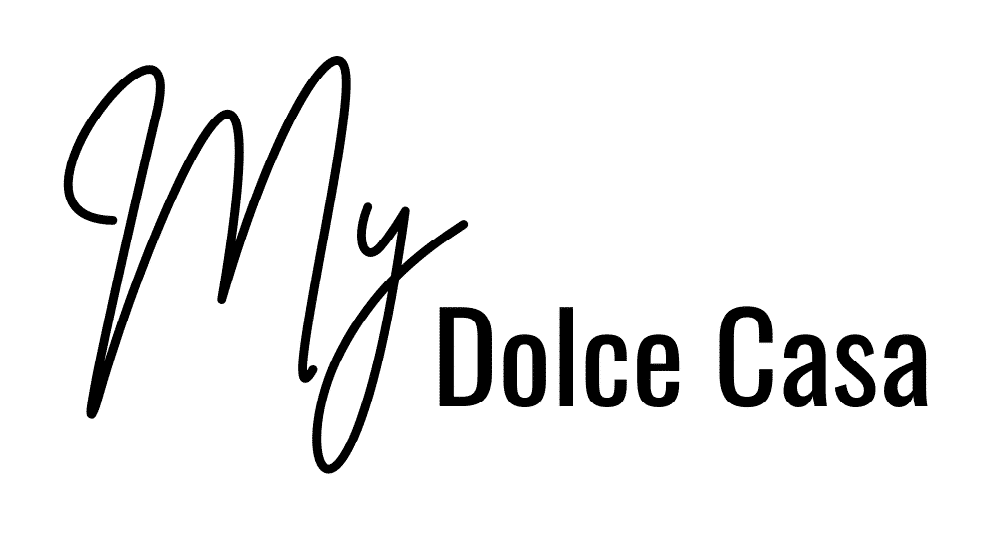If you are planning to move to France as a foreigner, it is very important that you follow the procedures to ensure that you have all the correct paperwork to live there legally. As a non-EU citizen, you may be wondering if it is possible to obtain permanent residence in France.
The really good news is that it is possible, and the first step you must take if you are planning to move to France is to apply for a visa. Visas are required for all non-EU citizens wanting to move to France, either to work or as retirees. Although Americans visiting France are not required to have a visa for stays up to 90 days, they will also need to apply for a visa for stays longer than 90 days.
Once you have obtained your visa, the rest of the administrative steps are the same as for all foreigners relocating from non-EU countries.
What type of visa do you need to live in France?
If you are moving to France as a retired person, the type of visa that you need is the one known as the ‘visitor’ visa. The only time this might not be required is if you already have relatives living in France. If you are completing the visa application, you should say that the reason for your stay in France will be as a ‘visitor’. You will be required to show that you have sufficient income, accommodation and healthcare insurance in place.
The visa that you need for moving to France is the V LS-TS and it is essential that it is validated during your first three months in France. You will also have to complete a medical examination.
Documents required upon your arrival in France:
Soon after you have received your visa, you should apply for a carte de séjour temporaire visiteur (a temporary visitor residency card). It is important to apply for this card while your visa is still valid, and it is a requirement for all foreigners from non-EU countries.
To obtain this card, you will need to fulfill certain requirements, and these include having a regular income from your home country and proof that you have healthcare coverage until you become eligible for the French healthcare system.
It is possible to renew this type of carte de séjour annually for the first five years as long as you continue to meet the requirements. The cost for each application is €225.
What level of monthly income must you have as a foreigner in France?
The current requirement for a single person is a regular monthly income of €1,353 ($1,470) which is the minimum wage in France. If you are moving to France as a couple, you will not be required to have a monthly income that is double the requirement for a single person, but you will need to provide proof of your assets such as owning a house, bank savings etc.
You will be called for an interview and this is where you will be required to provide proof of assets and bank statements covering the past three months that show sufficient funds coming into that account including both private and state pensions.
What type of healthcare coverage must you have in France?
Under the post-Brexit arrangements, UK state pensioners may use the S1 form. This form can be used for healthcare cover as a reciprocal arrangement between the French healthcare service and the British Department of Health.
It is advised that if you need to have medical treatment in France before being registered in the French healthcare system, you should complete a Provisional Replacement Certificate (PRC) which is linked to the S1. A PRC can be obtained via email from the Overseas Healthcare Service.
How do you apply for a Carte Vitale in France?
The distinctive green and yellow card with a microchip is the Carte Vitale and it gives the holder access to the French healthcare system – including doctors, specialist appointments, and prescriptions from the pharmacy plus dental care. The Carte Vitale is essential for every resident in France over the age of 16.
With the Carte Vitale, you will be required to pay for doctors’ appointments (usually €25), but on the production of a Carte Vitale, up to 70% of the cost will be speedily reimbursed into your bank account.
If you are European and living in France for less than three months, you will be covered by the European Health Insurance Card (EHIC) or, if you are from outside of the EU, the S1 form.
Once you have been living in France for more than three months, you should apply for your Carte Vitale. If you are going to apply for a Carte Vitale, you must be intending to stay for at least 183 days per year. You will be required to prove that you are legally allowed to be staying in France.
You may download the application form from the Health Department website and submit it in person or by mail to your local primary health insurance fund (Caisse Primaire d’Assurance Maladie) along with the following documents:
- proof of residency
- birth certificate, certified translation
- marriage certificate, if applicable, certified translation
- a bank statement
- proof that you have been living in France for more than three months (utility bills, rent payments)
- if employed, a recent payslip and work contract, if applicable
While the Carte Vitale covers up to 70% of all medical costs, if you have a long-term medical condition, such as diabetes, you may be eligible for 100% refund an all costs for appointments, treatments, and medication. Most people buy a top-up additional private health insurance (L’Assurance Complémentaire Santé) to cover them for any larger and unexpected medical bills. Children aged 16 years and over can apply for their own Carte Vitale.
Do you need a French driving license?
It is a requirement that when living as a resident in France you exchange your driving license for a French one. If you are originally from a country outside the EU this must be done within one year and if you are from a EU country, within 18 months.
Your application for a French driving license can be completed online, but you will be requested to surrender your driving license from your previous country of residence.
If you are a senior citizen, you may be required to have a medical test before the French driving license is issued. There is no charge for a French driving license.
How do you apply for French citizenship?
Many non-French residents feel that they would like to take French nationality to give them a feeling of security and because they have chosen France to be their permanent home. There are a number of stages in the process of becoming a French national and these cannot begin until a person has been resident in the country for a minimum of five years.
There are two ways to apply for French nationality. The first is by decree, if you have a French spouse or French grandchildren or were raised in France from an early age, and the second is by declaration.
If you are requesting to become a French national by declaration, you must have lived in France for five years and hold a current residency card. You must have ‘sufficient and stable resources’ to support your life in France and importantly, you must prove that you have integrated into local life. This requirement is fulfilled by demonstrating that you can understand, speak and write French to the B1 level and this will be tested both by a written exam and face-to-face interview.
Although France is well known for its bureaucracy, completing all the required paperwork for these various documents can be surprisingly straightforward. The processing time for each document varies depending on demand.
For example, French driving licenses are currently taking a number of months to be processed because a backlog has developed. If you have applied for any of these documents, keep a copy of all the paperwork and reference numbers and if you post any paperwork, send it as a registered Letter with Receipt of Delivery (Lettre Recommandée Avec Accusé de Réception, AR) for your own peace of mind.




